PLATFORM | 15. JUNE 2022 | HYBRID EVENT, IFAD HEADQUARTERS, ROME, ITALY
Panelists
Moderator
Henry Bonsu

Journalist and Broadcaster
Session 3 – Responsible Land-Based Investing as a Strategy to Mitigate the Harms of a New Food Crisis
Background
This year’s theme for the Annual General Assembly (AGA) of the Global Donor Platform for Rural Development (GDPRD) will be “Implementing National Pathways for Food Systems Transformation to Accelerate Progress Towards the SDGs in Times of Crisis and Conflict.”
The meeting provided an opportunity to focus on the role of donor coordination to promote resilient food systems. In addition, it provided an opportunity to discuss strategies to respond to a growing food crisis driven by an on-going conflict. Crises of different kinds – climate-related, geopolitical, economic– are sure to continue. A focus on the role land governance can play in responding to such crises and supporting resilient food systems can provide important insights and potential strategies for future policy development and programming.
The GDWGL session at the 2022 AGA explored one of the group’s key work streams to share lessons learned from the land sector’s response to the 2007/2008 food crisis. Since its inception, the GDWGL has worked to analyze and address the problem of land grabbing associated with the previous food crisis. While the problem of land grabbing by powerful elites is not new, the scale of land grabbing and the consequences to local peoples and environments were significant and significantly negative. Key donor strategies to respond to the problems caused by the displacement of people were to support policy reforms, programming, tools and guidance documents for communities, governments and the private sector to enable responsible land-based investments. Many of these people who experience displacement are subsistence or small farmers who then lose access to resources like water, forests, pastures, and the related loss of livelihoods.
The event discussed:
The session will explore how lessons from these experiences may, or may not, apply to the current food crisis. Nearly 15 years later – have enough changes been made to land governance systems to ensure that another massive land control transfer from smallholders to investors is avoided and how is this work contributing to the SDGs?

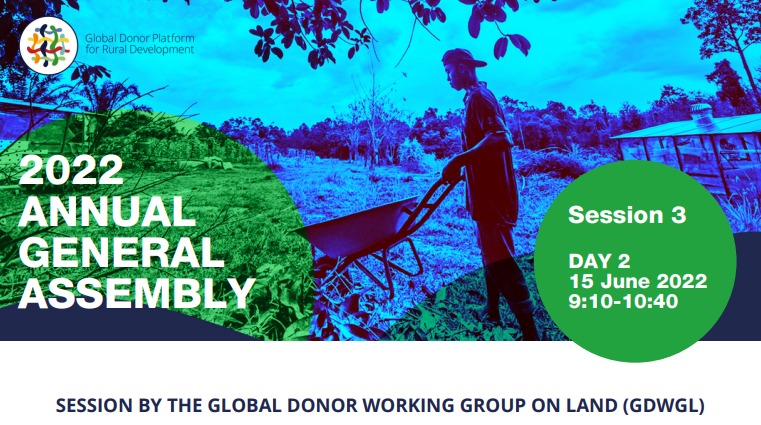
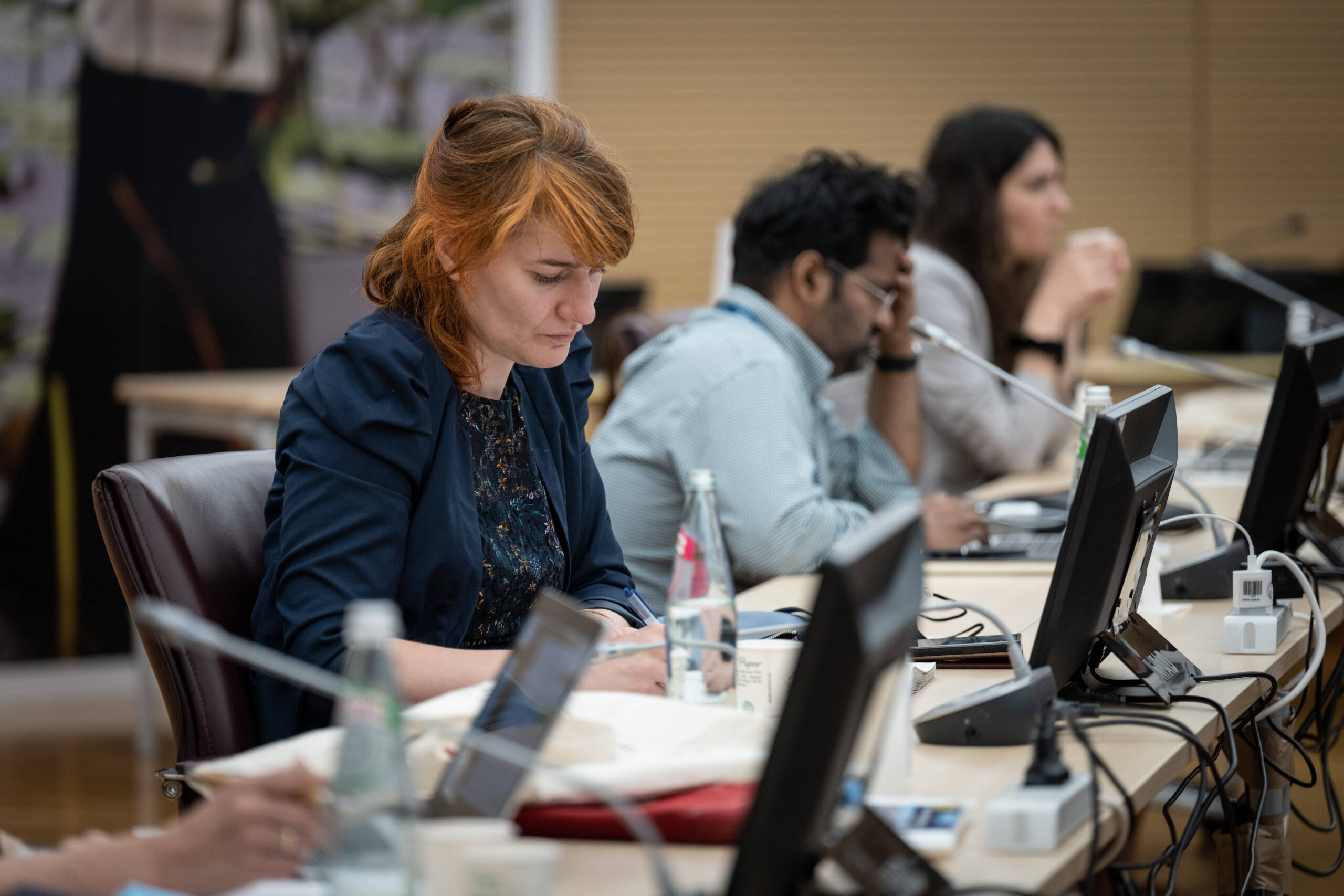
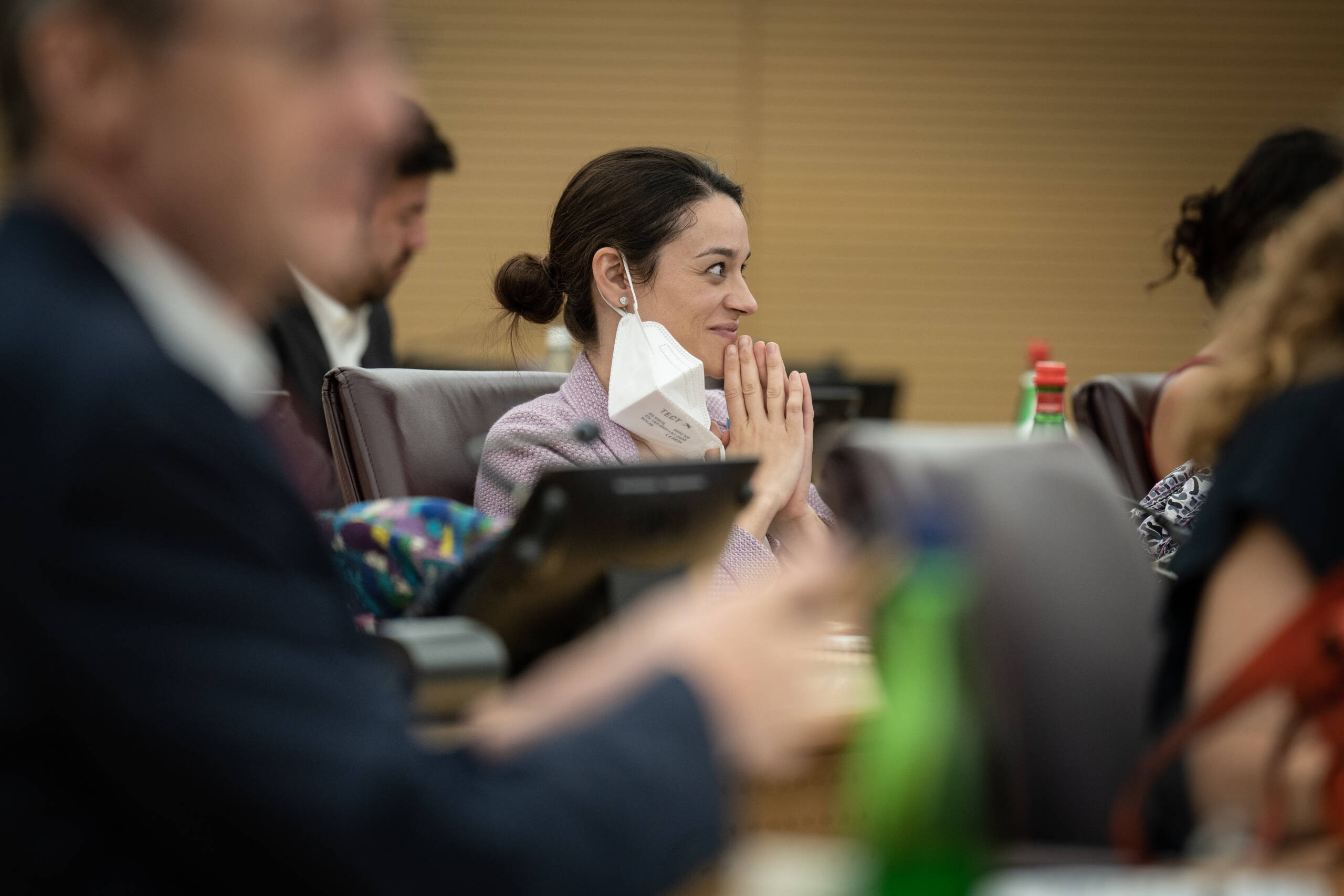
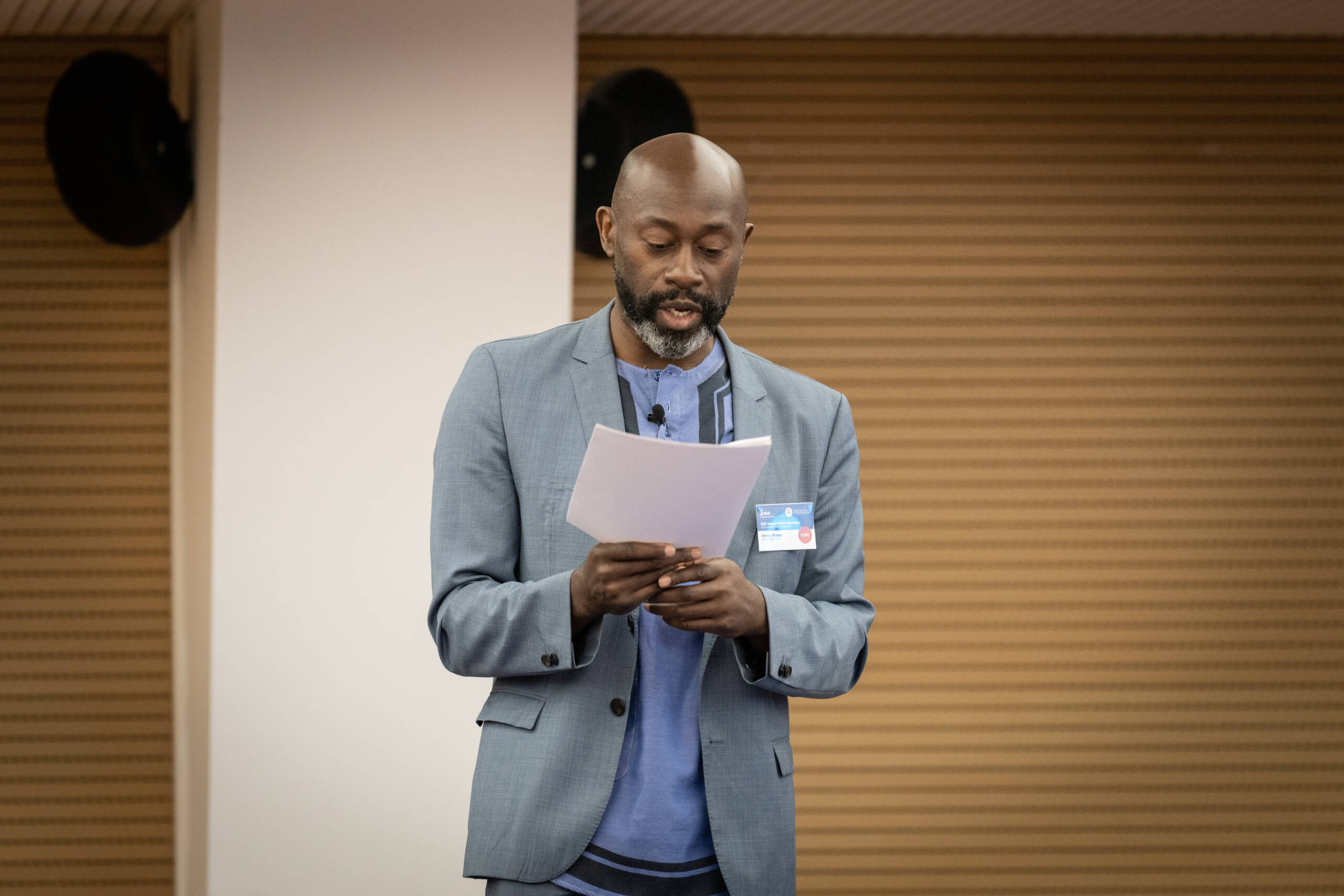
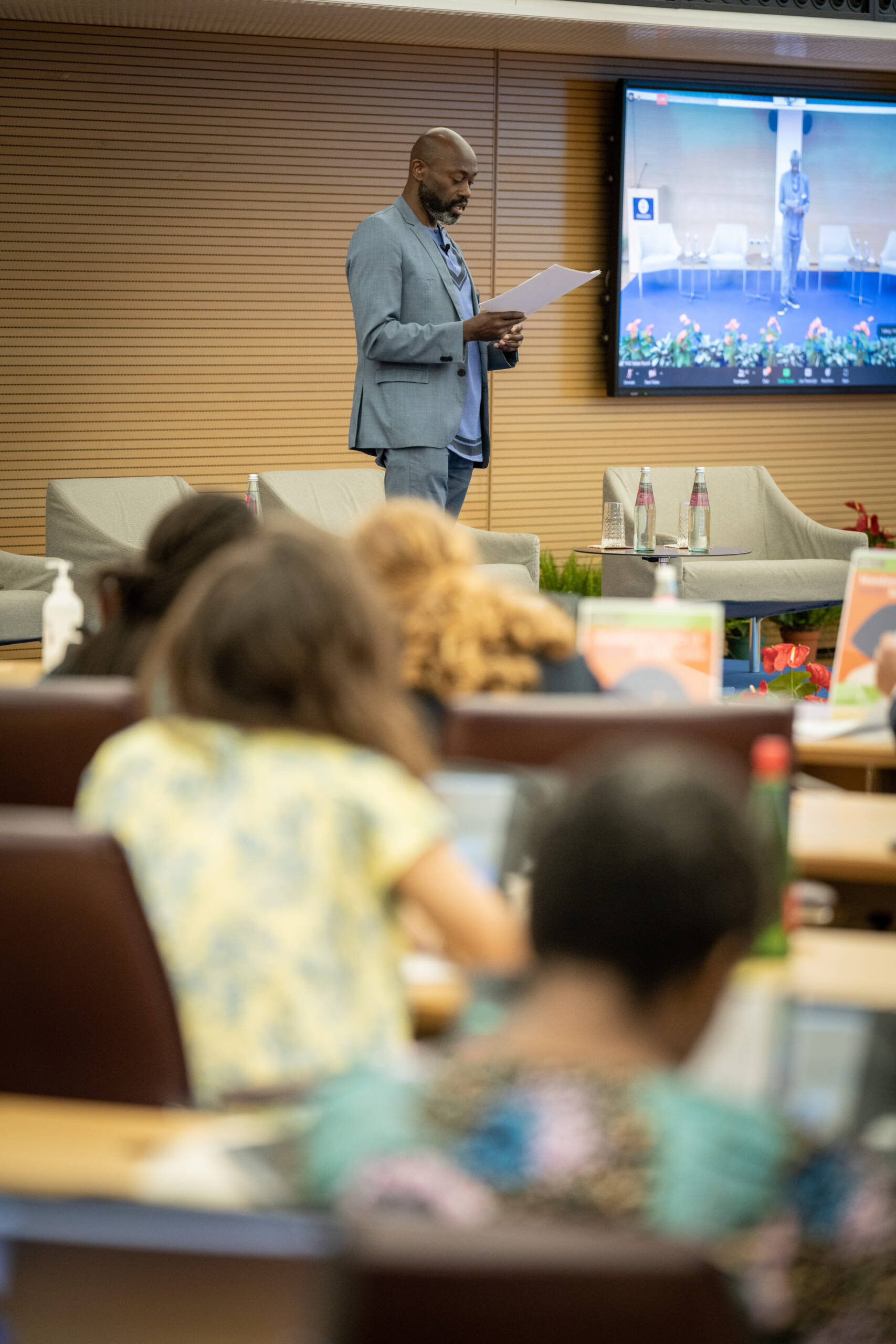
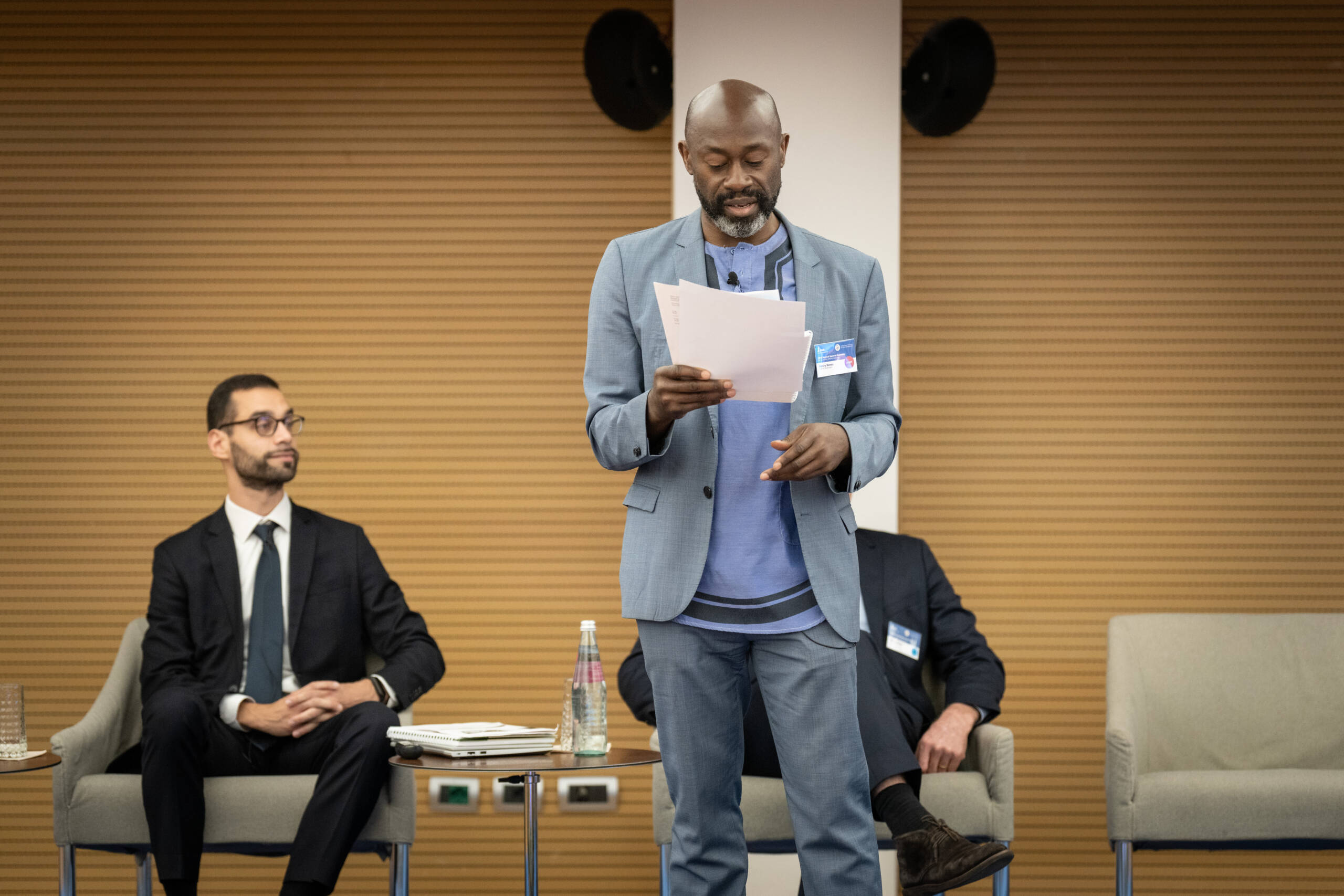
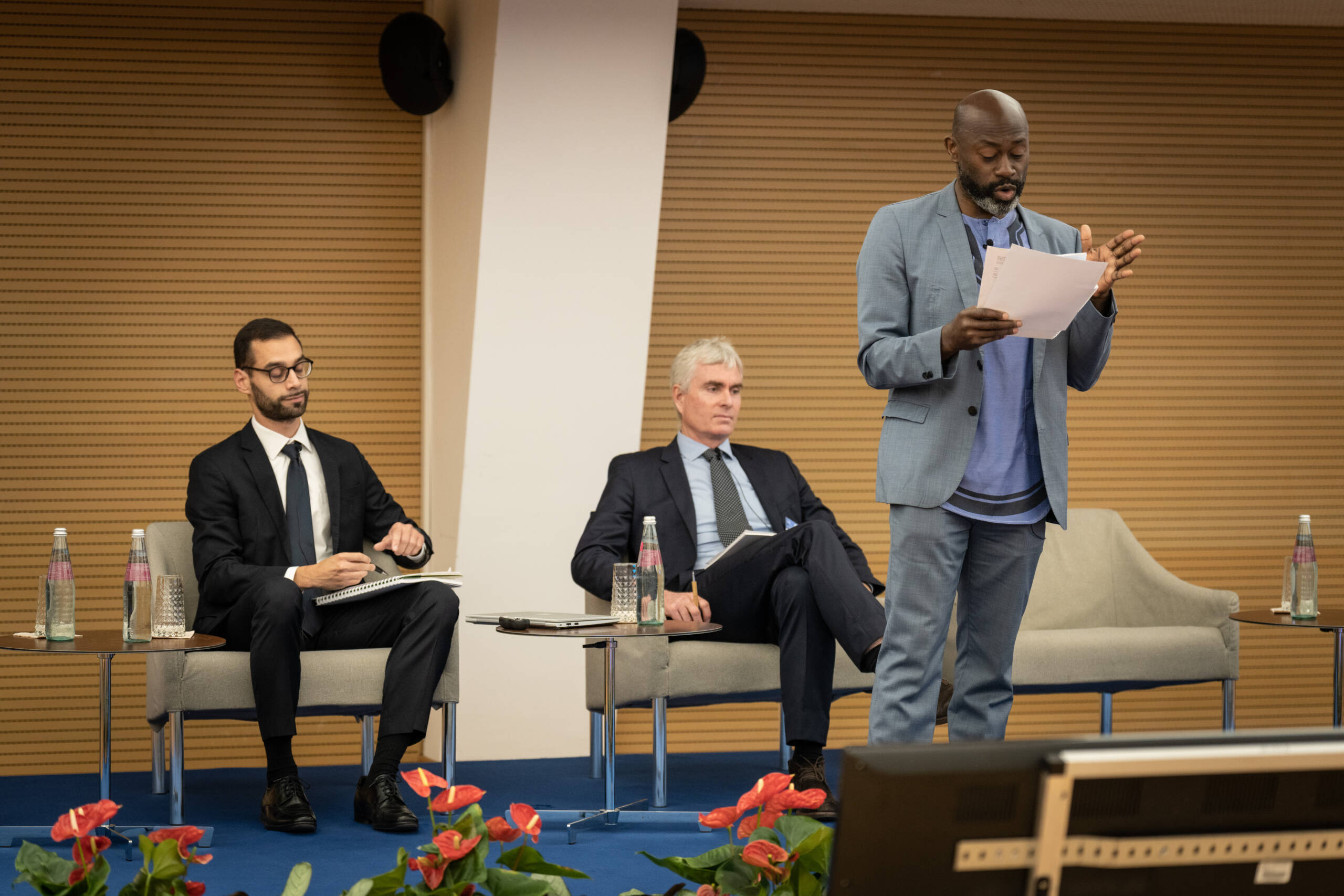
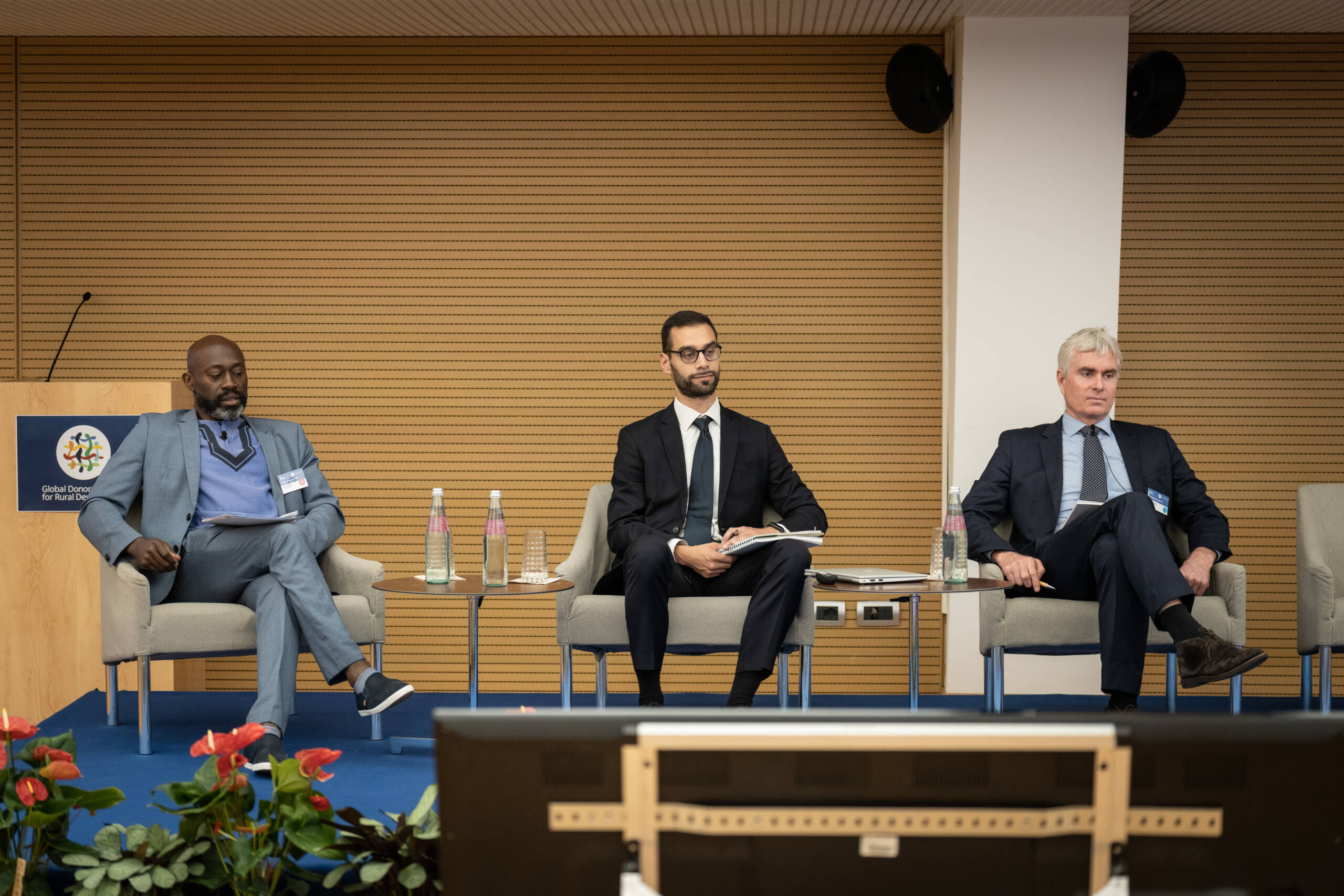
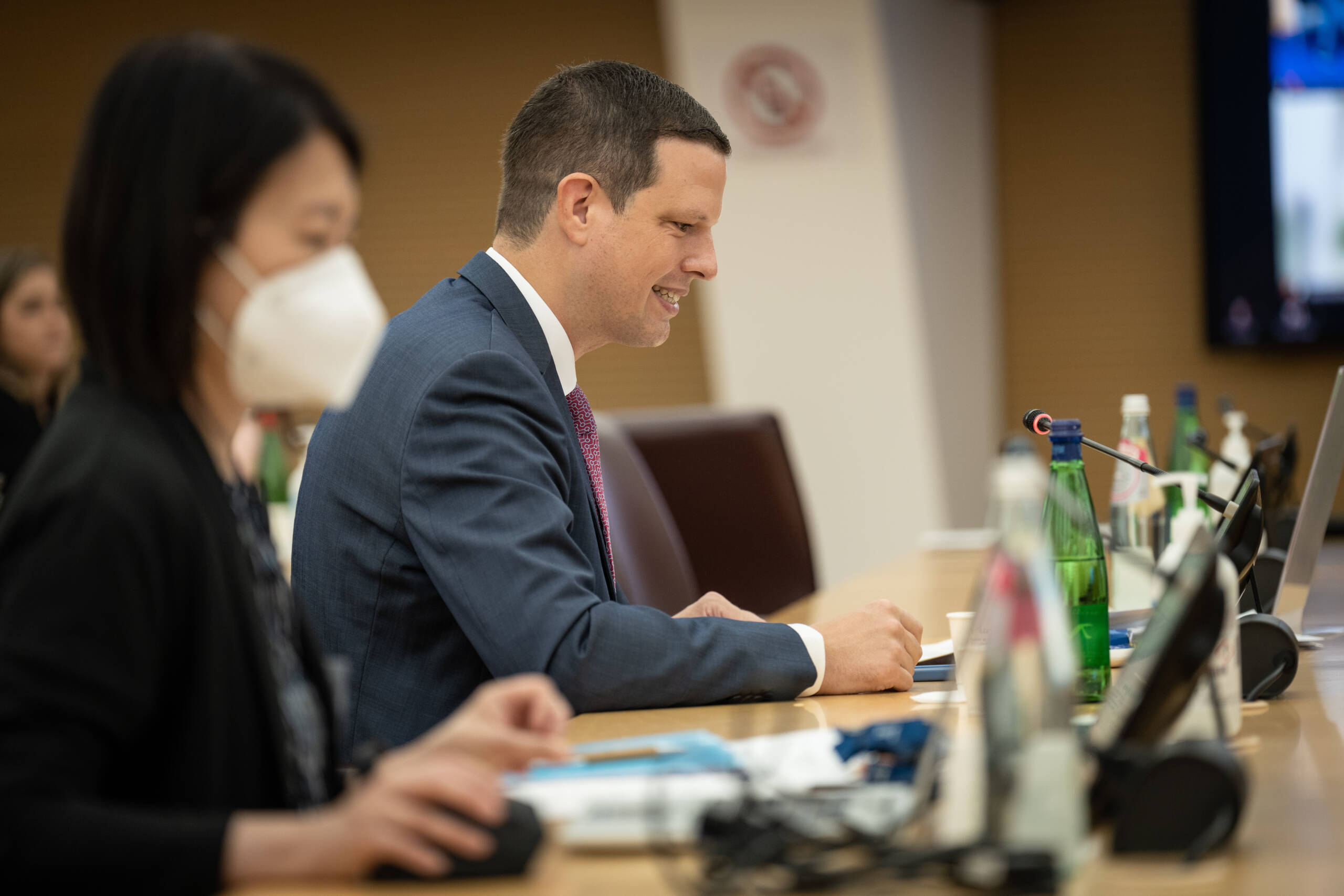
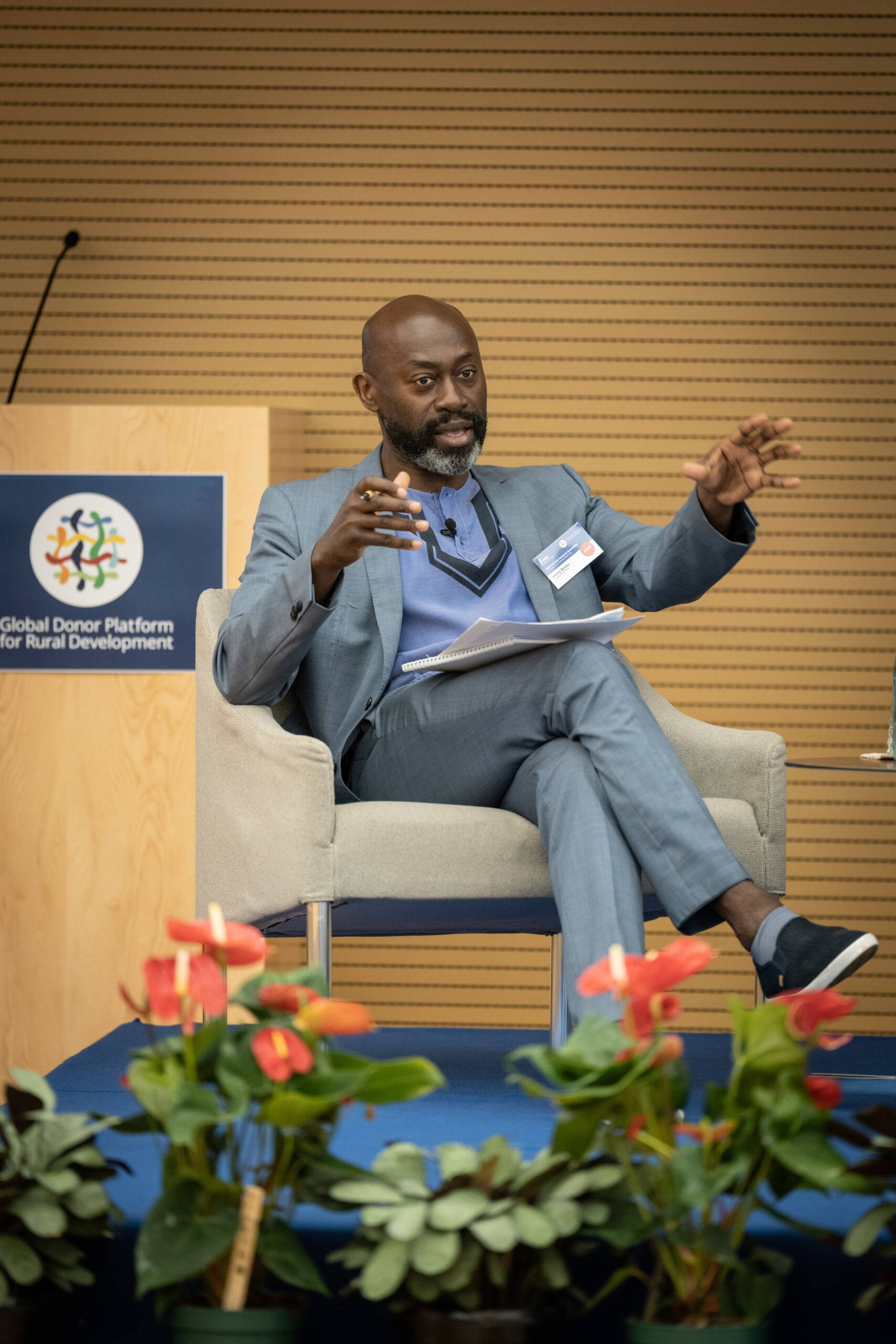
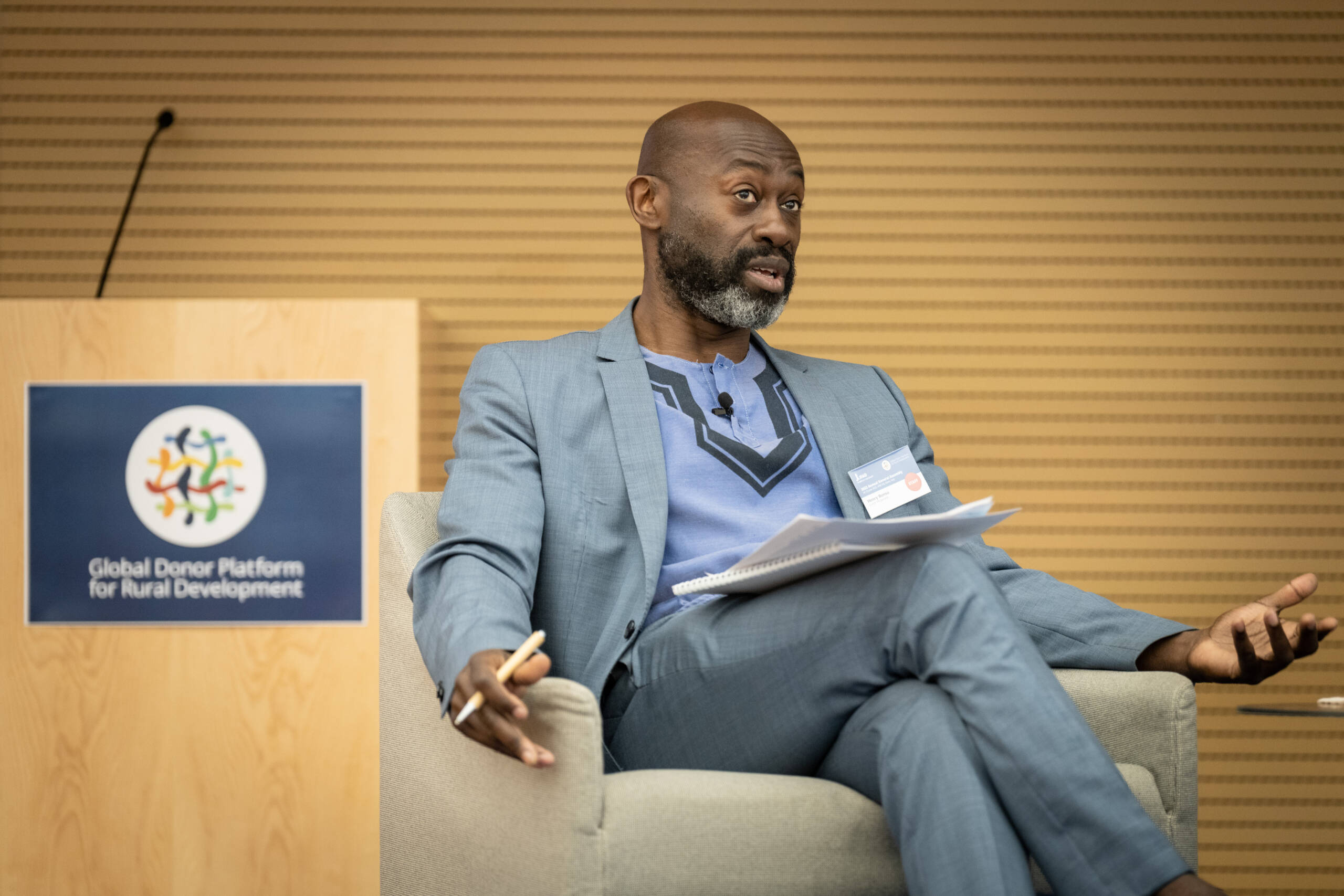
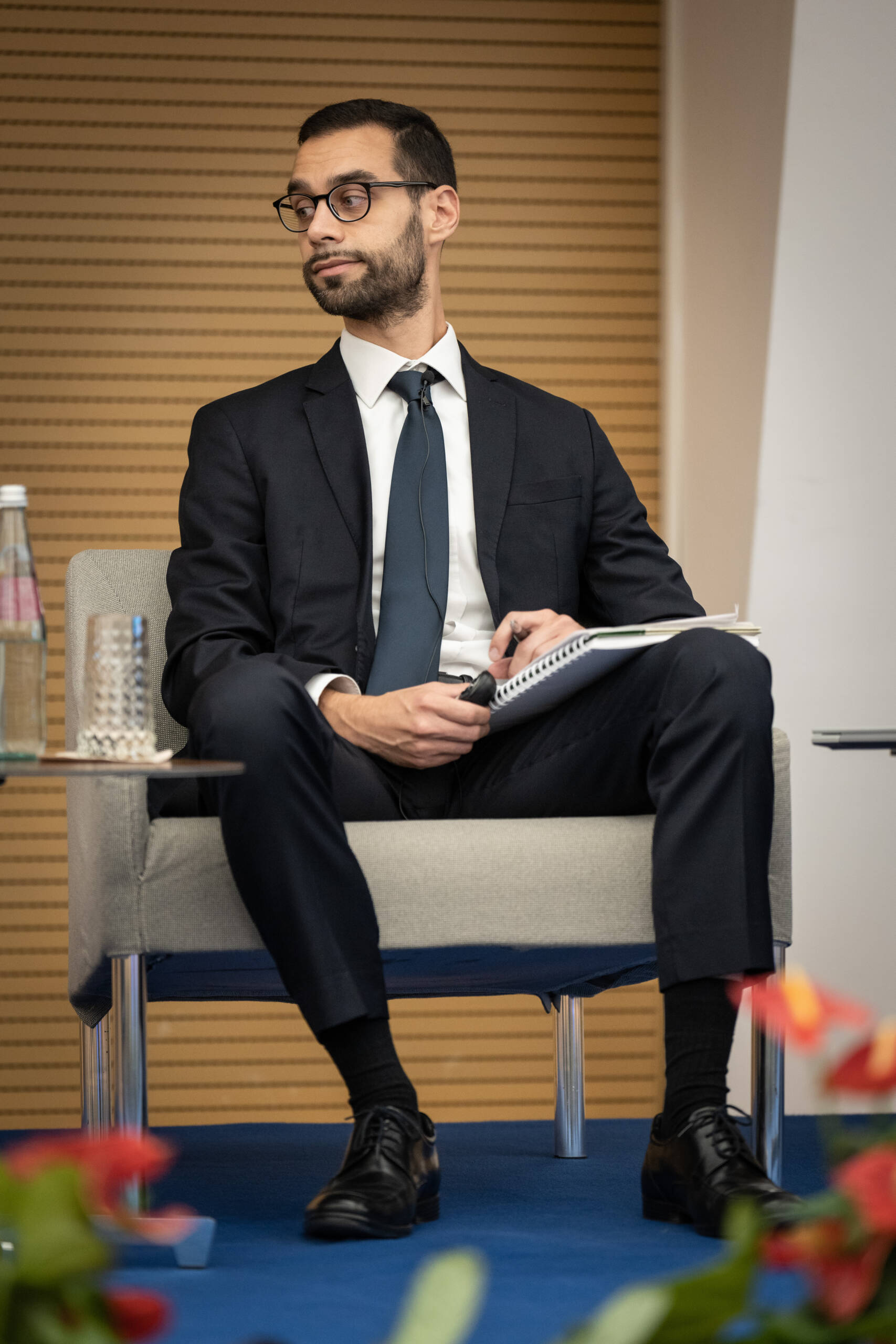
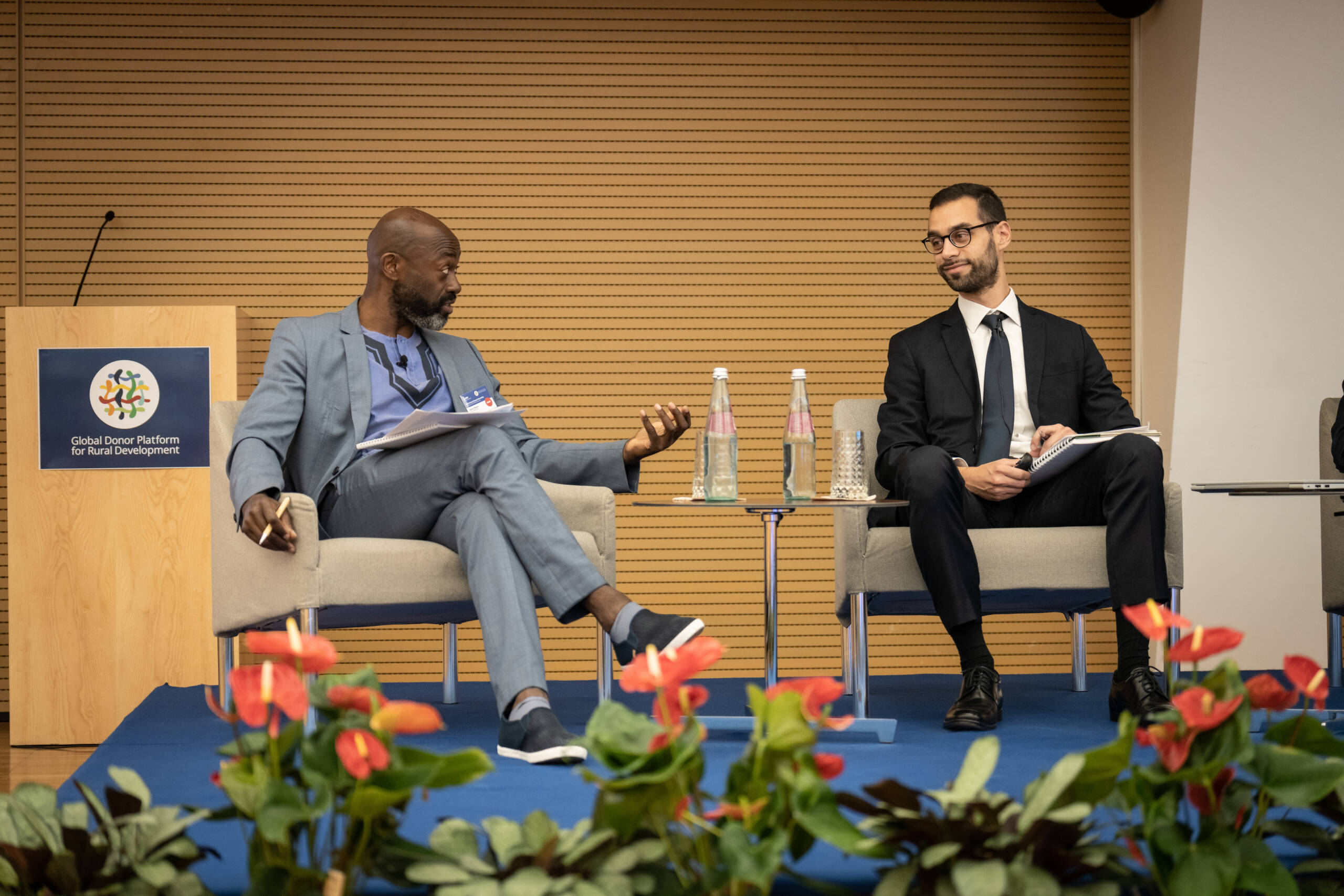
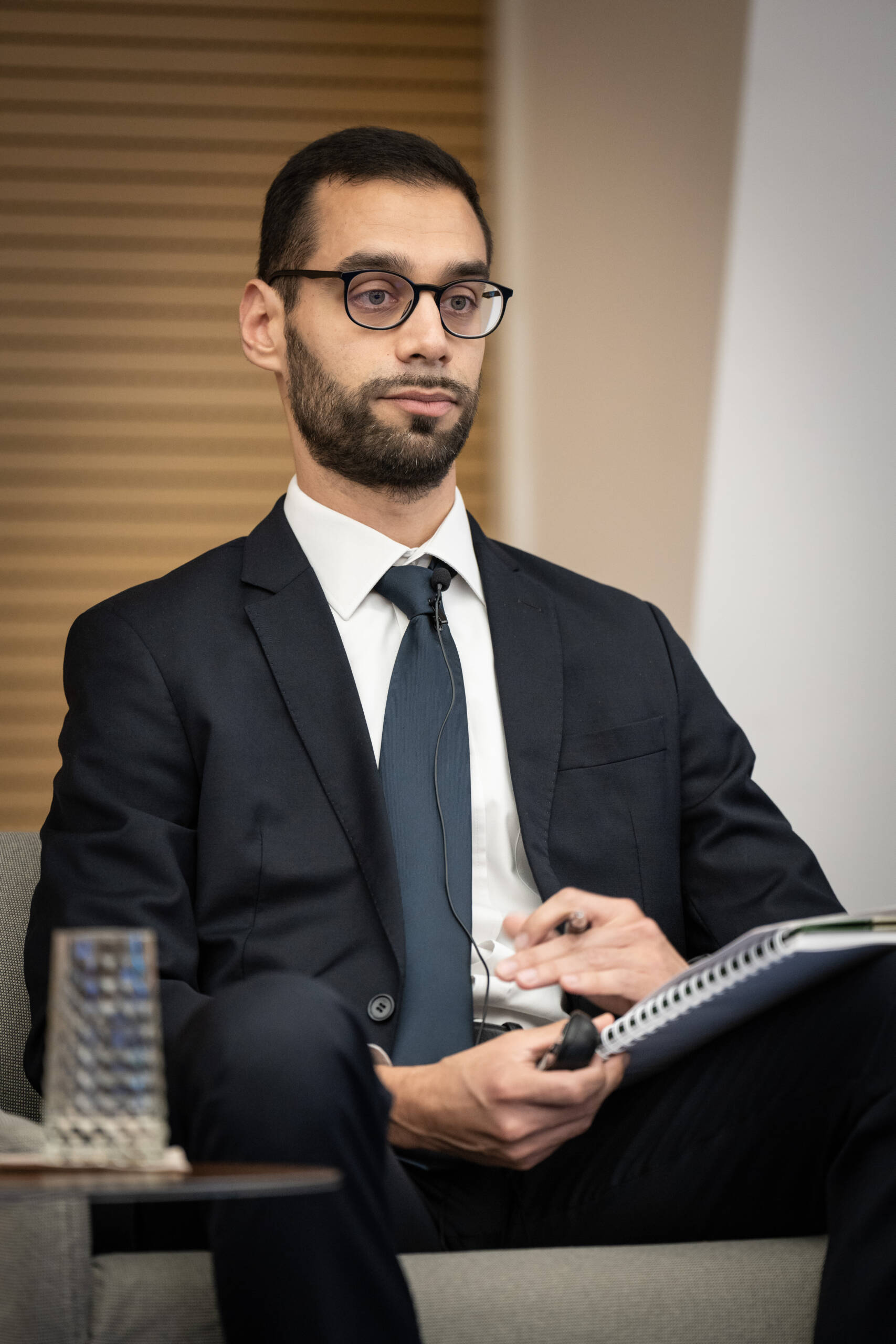
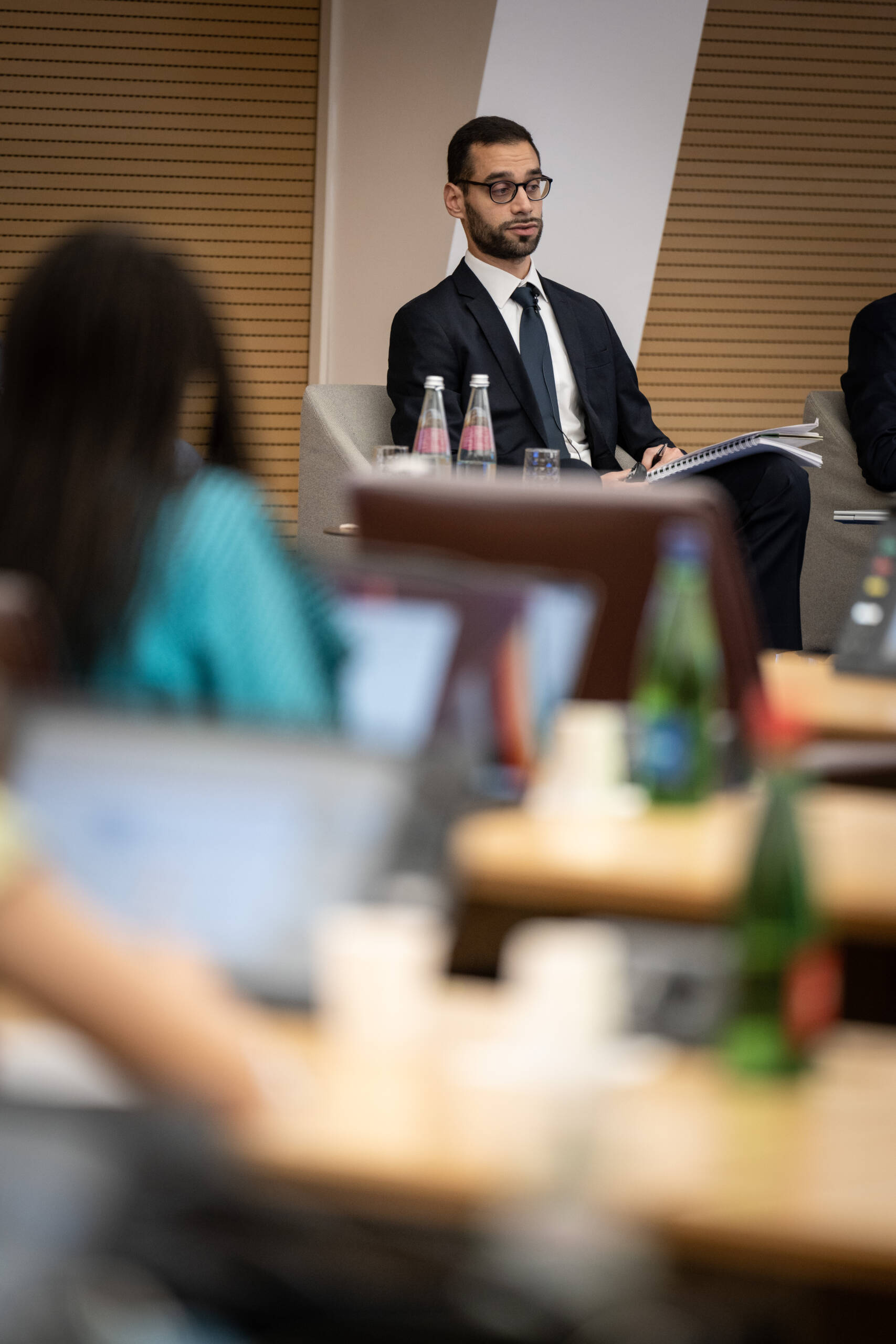
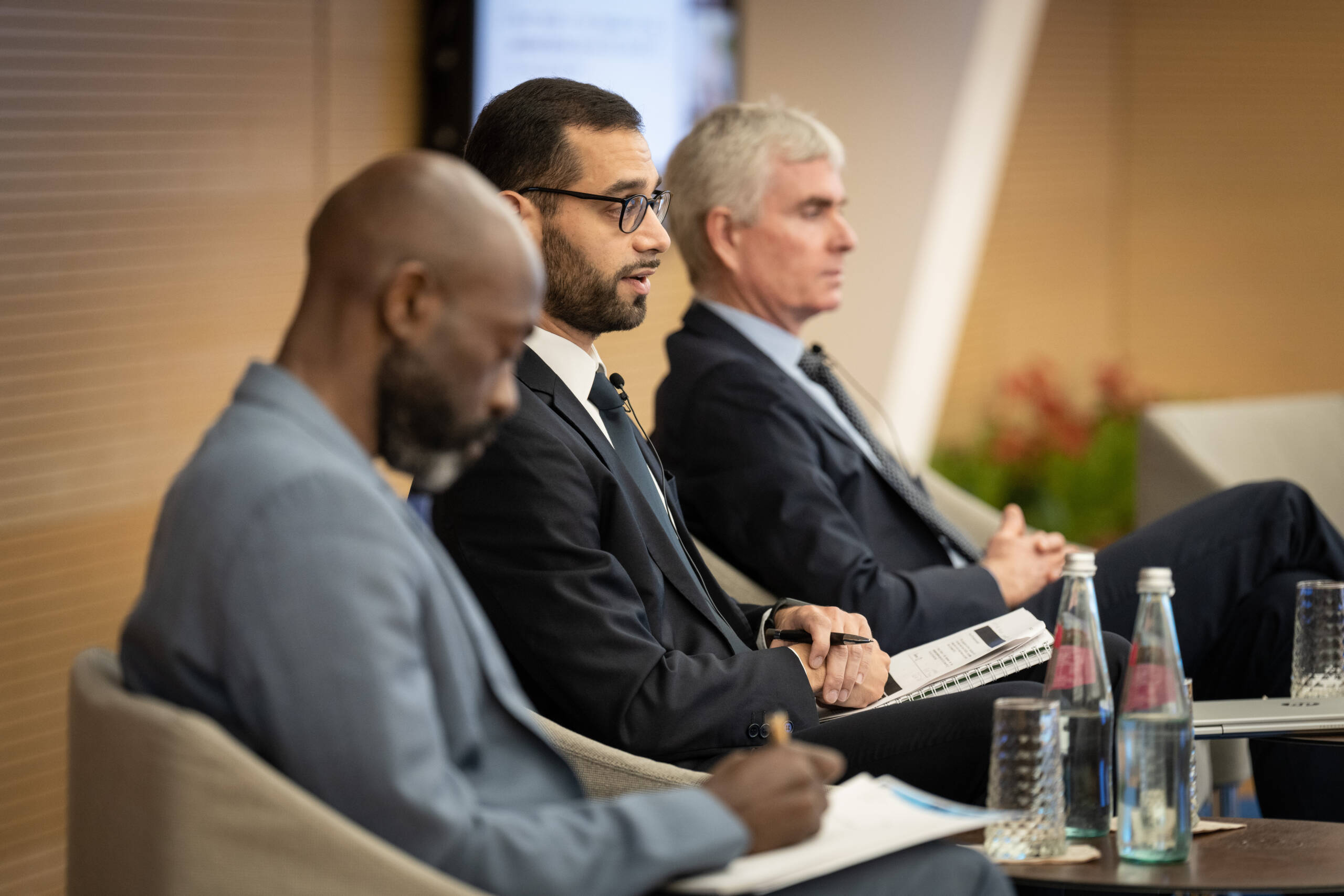
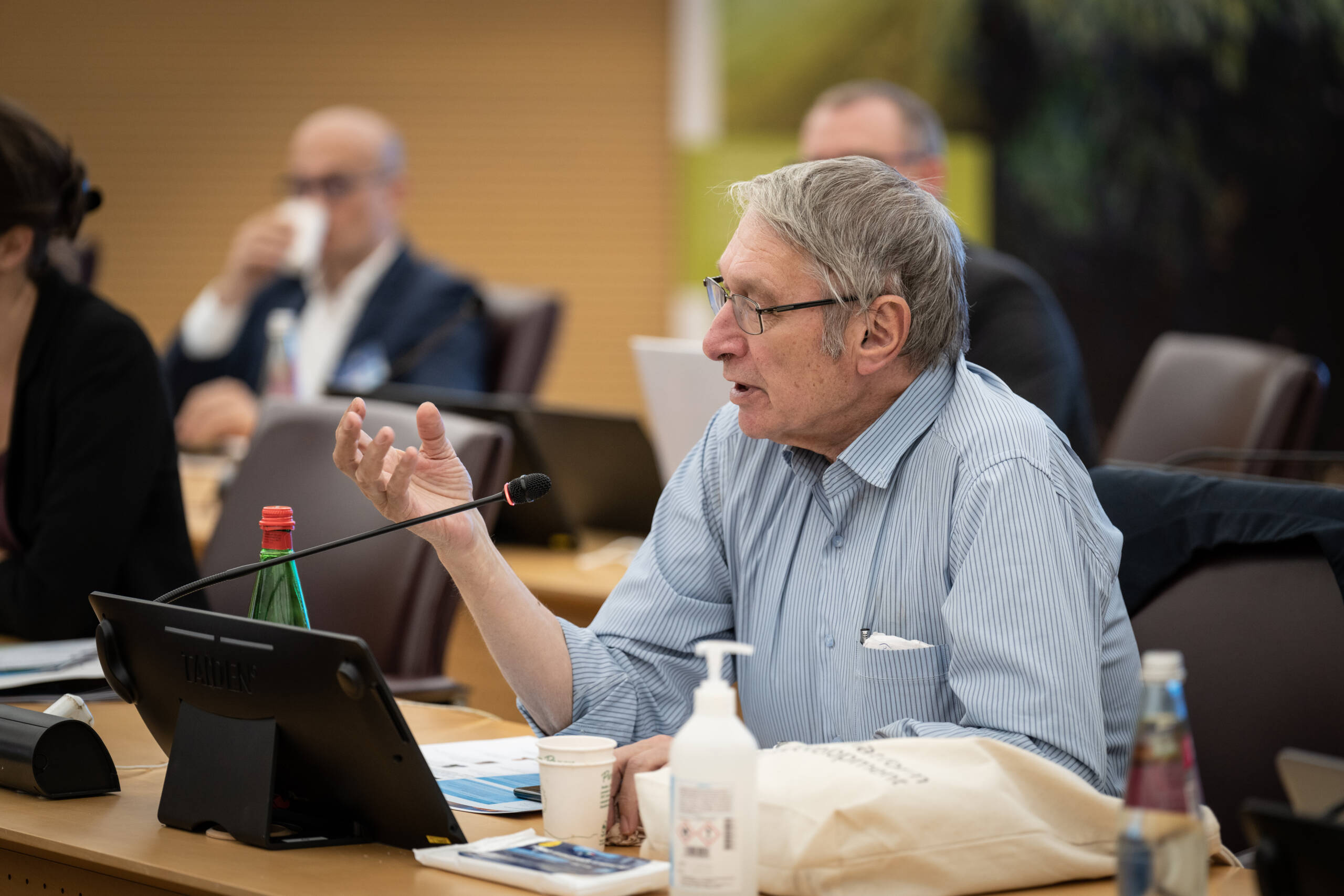
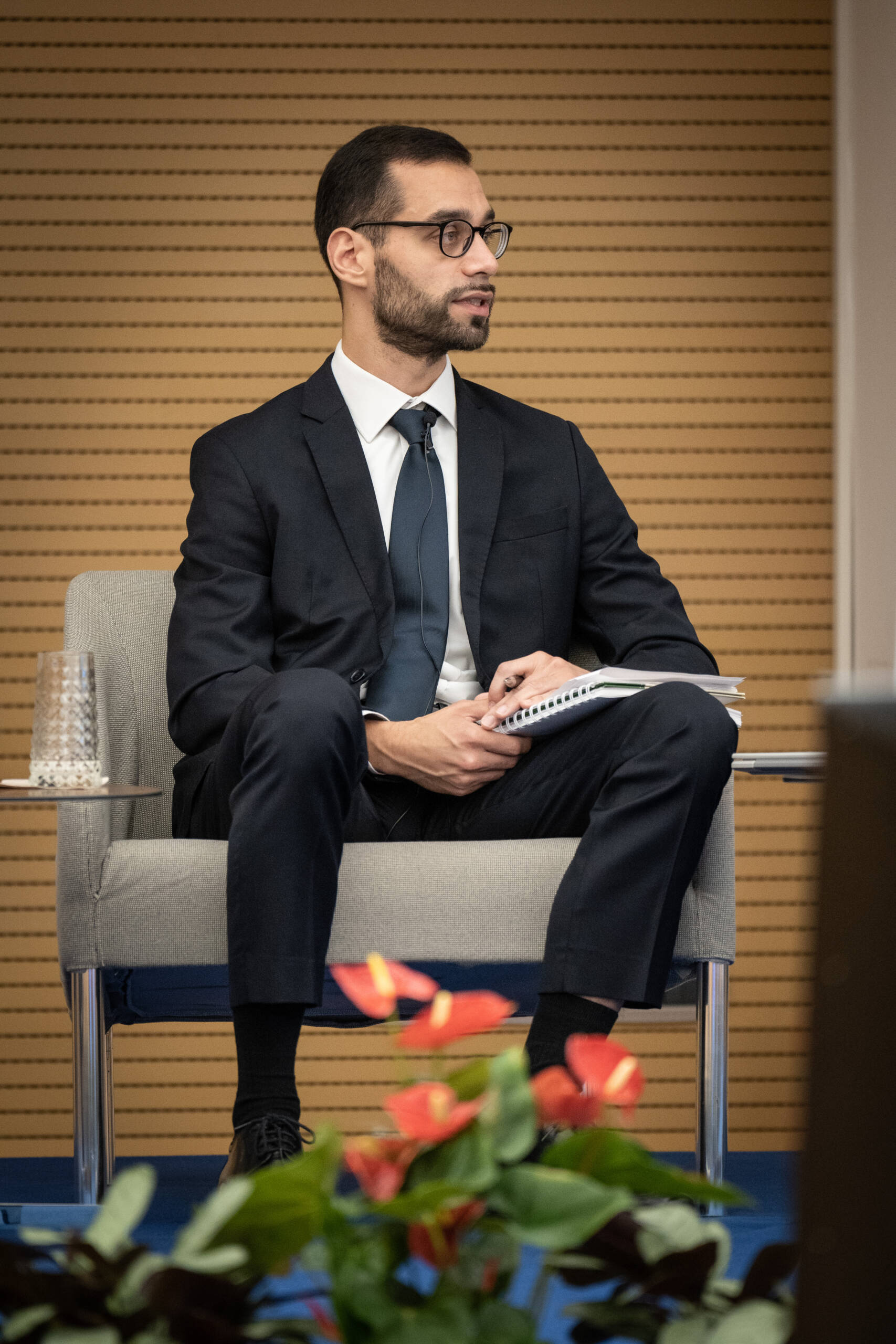
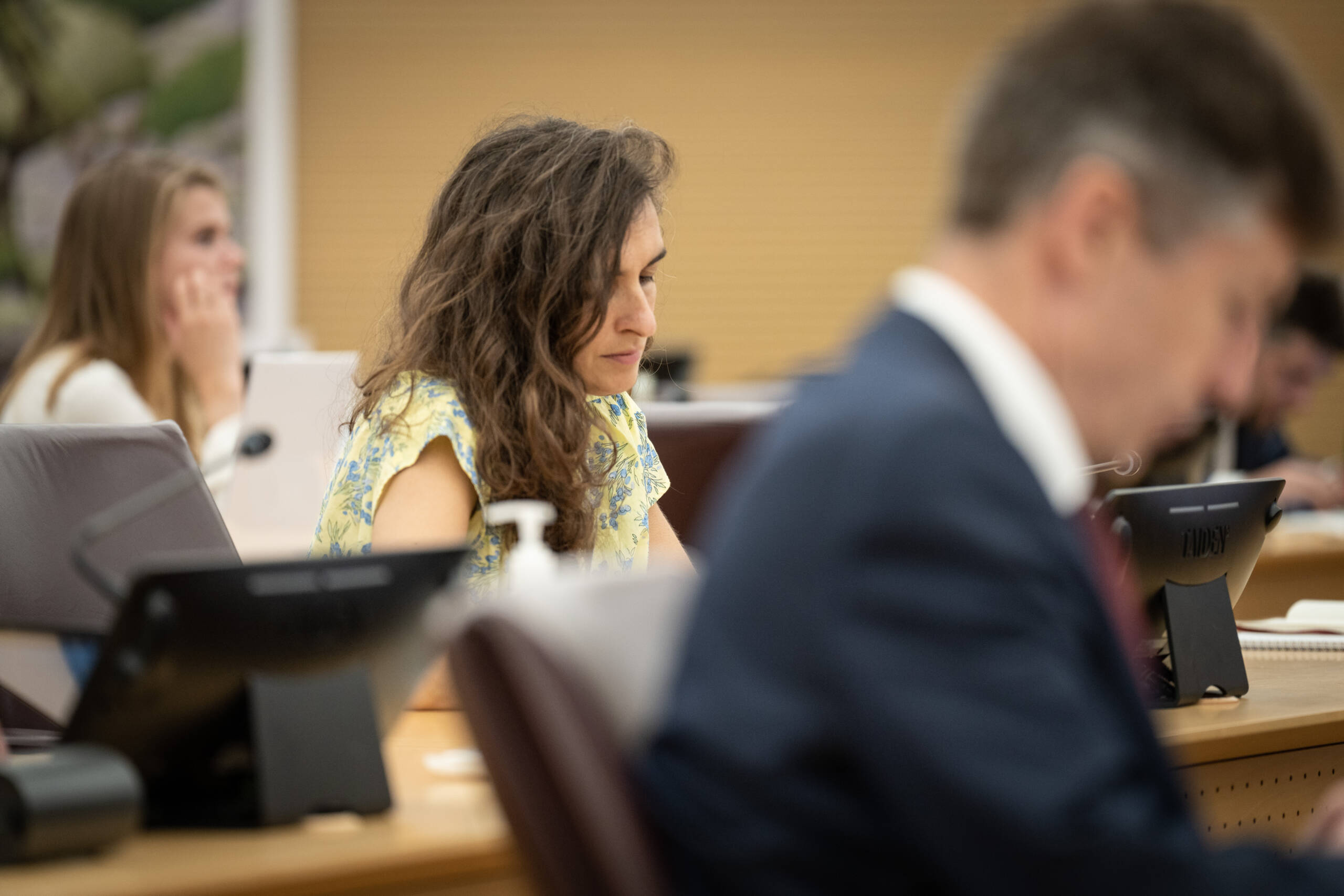
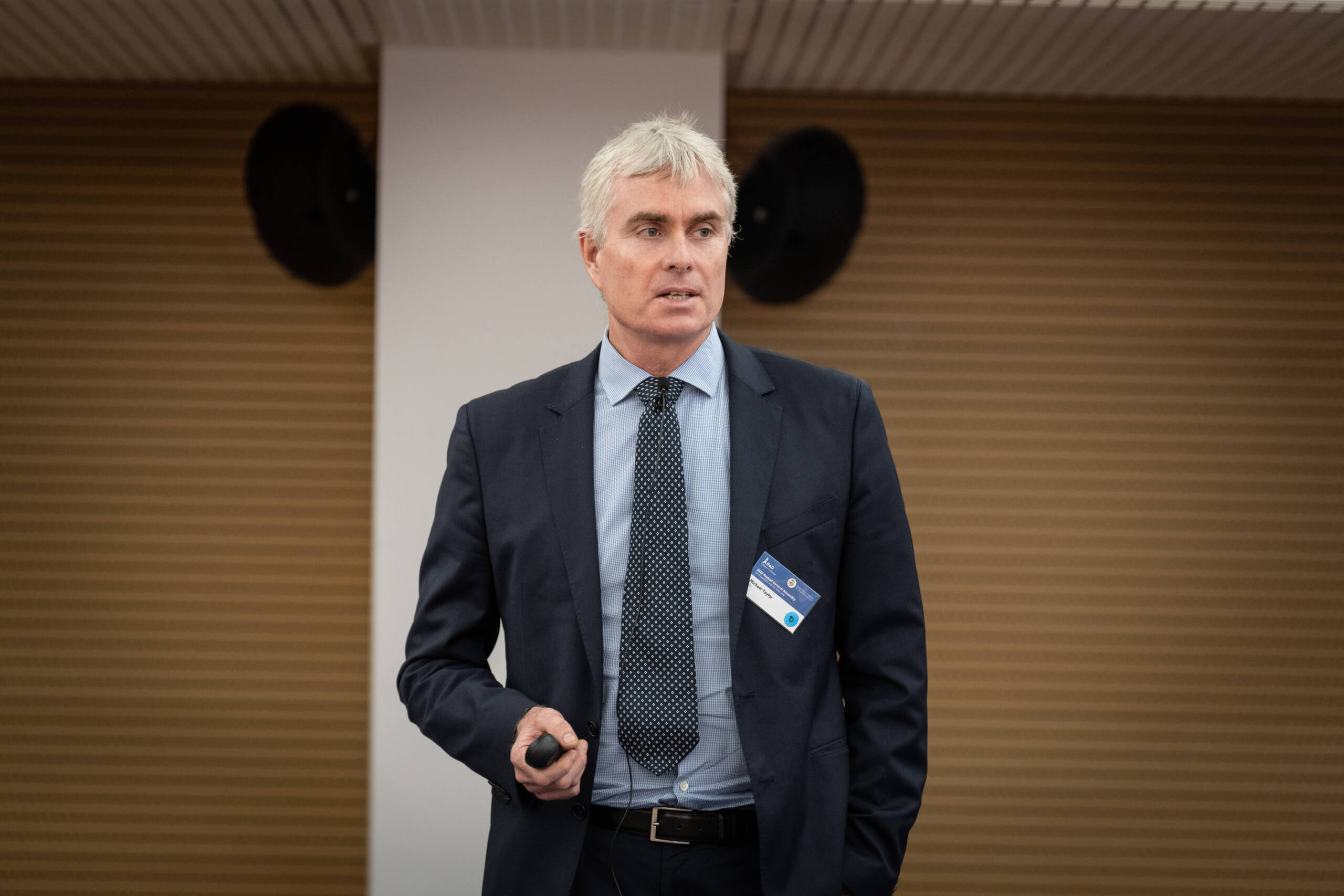
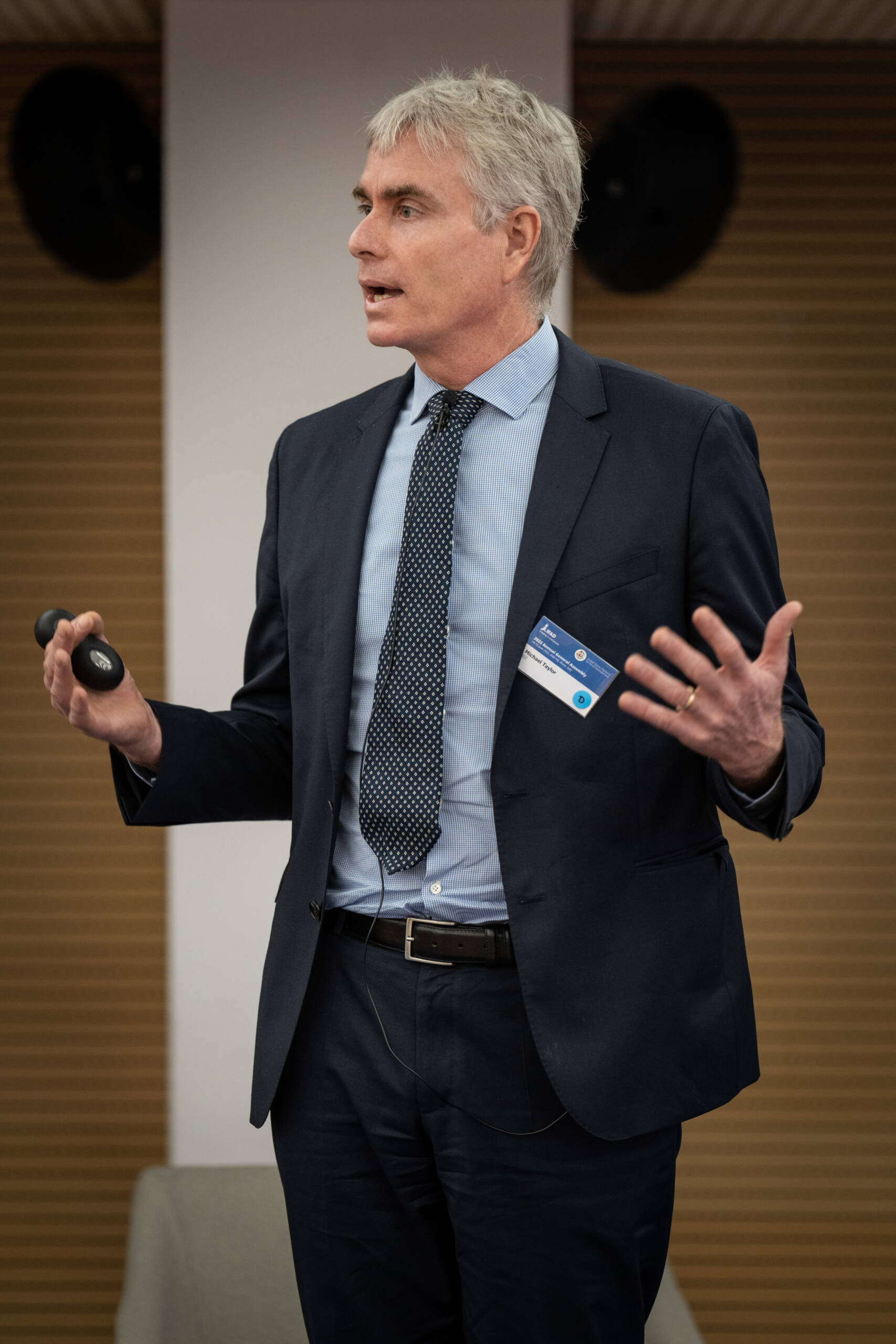
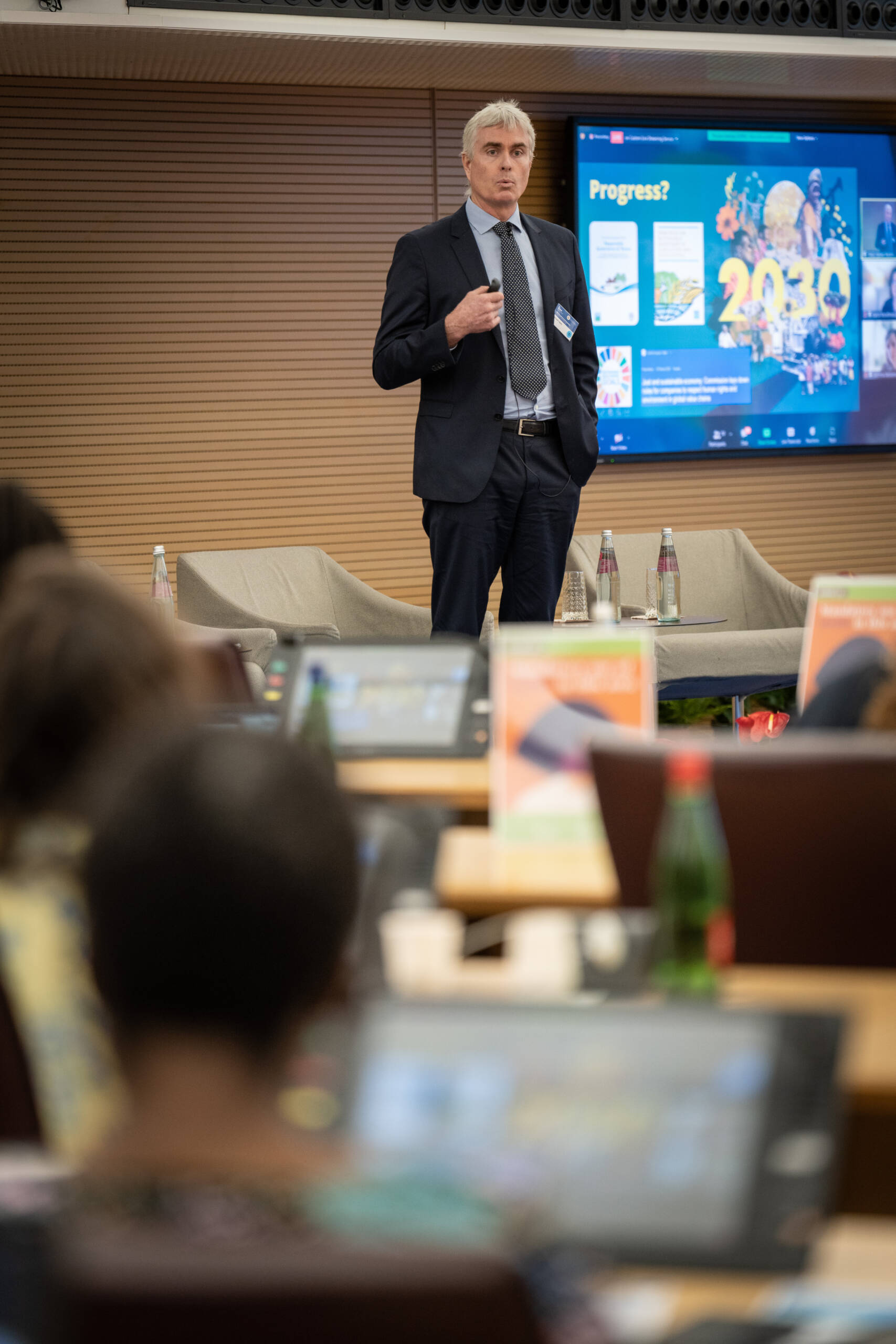
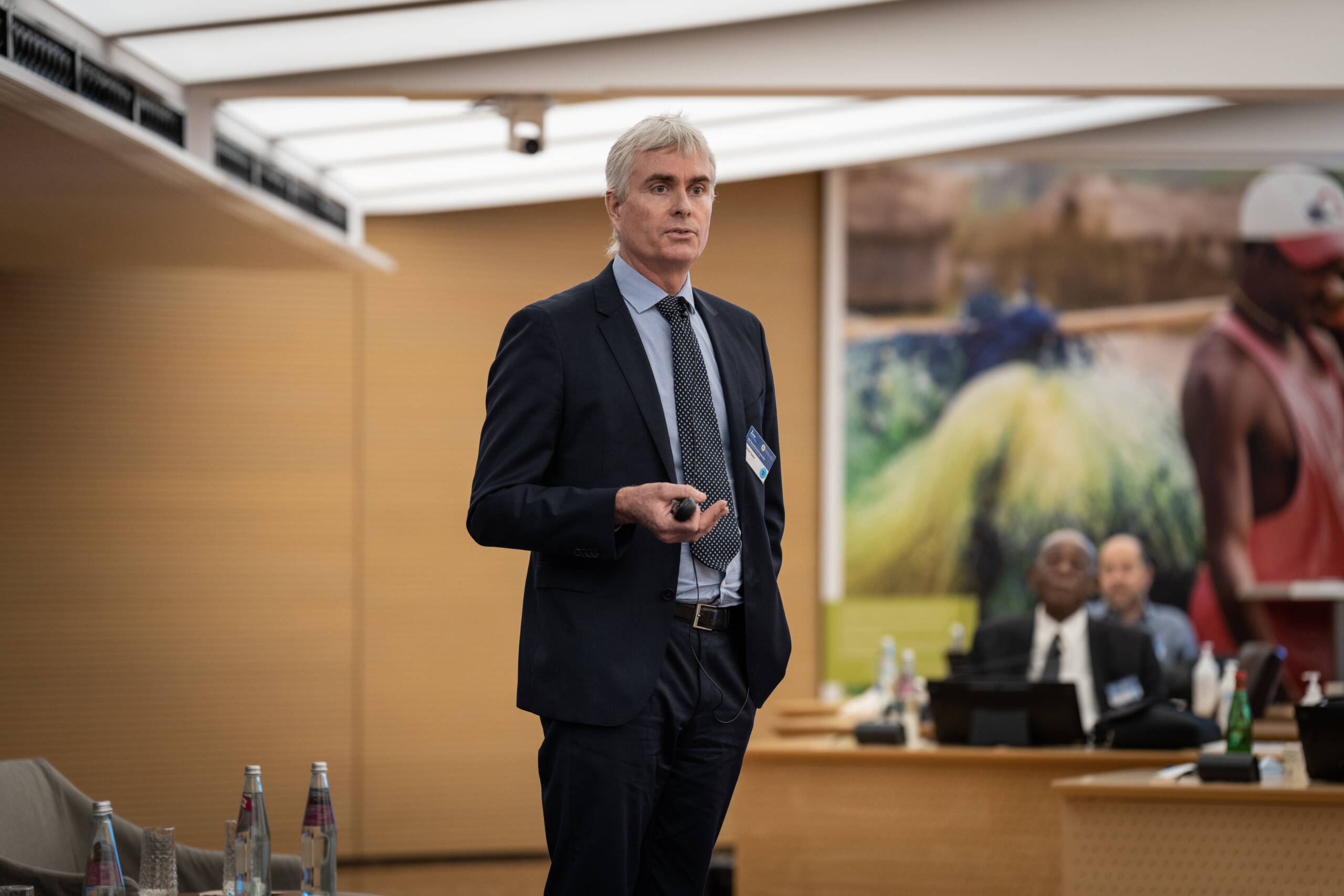
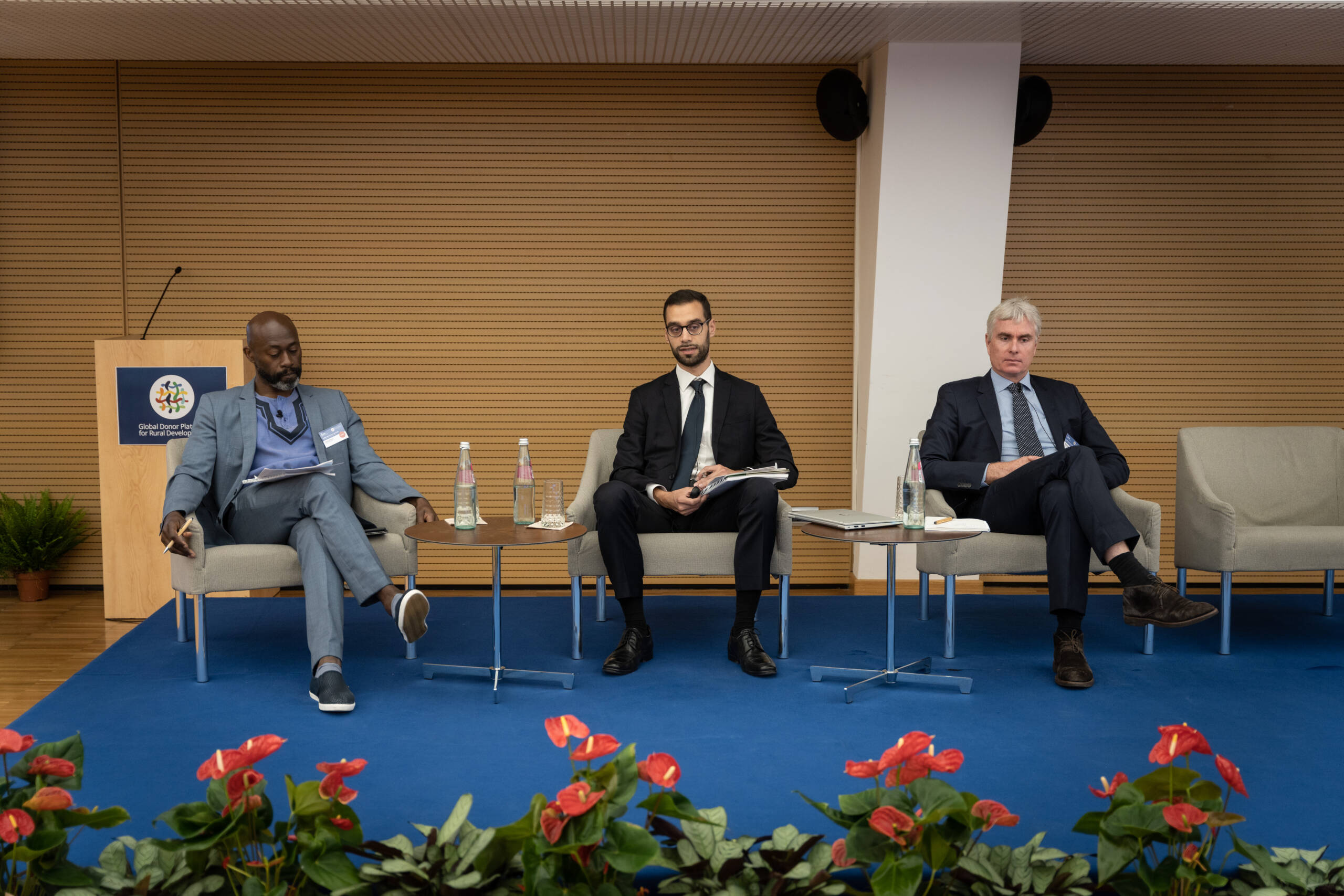
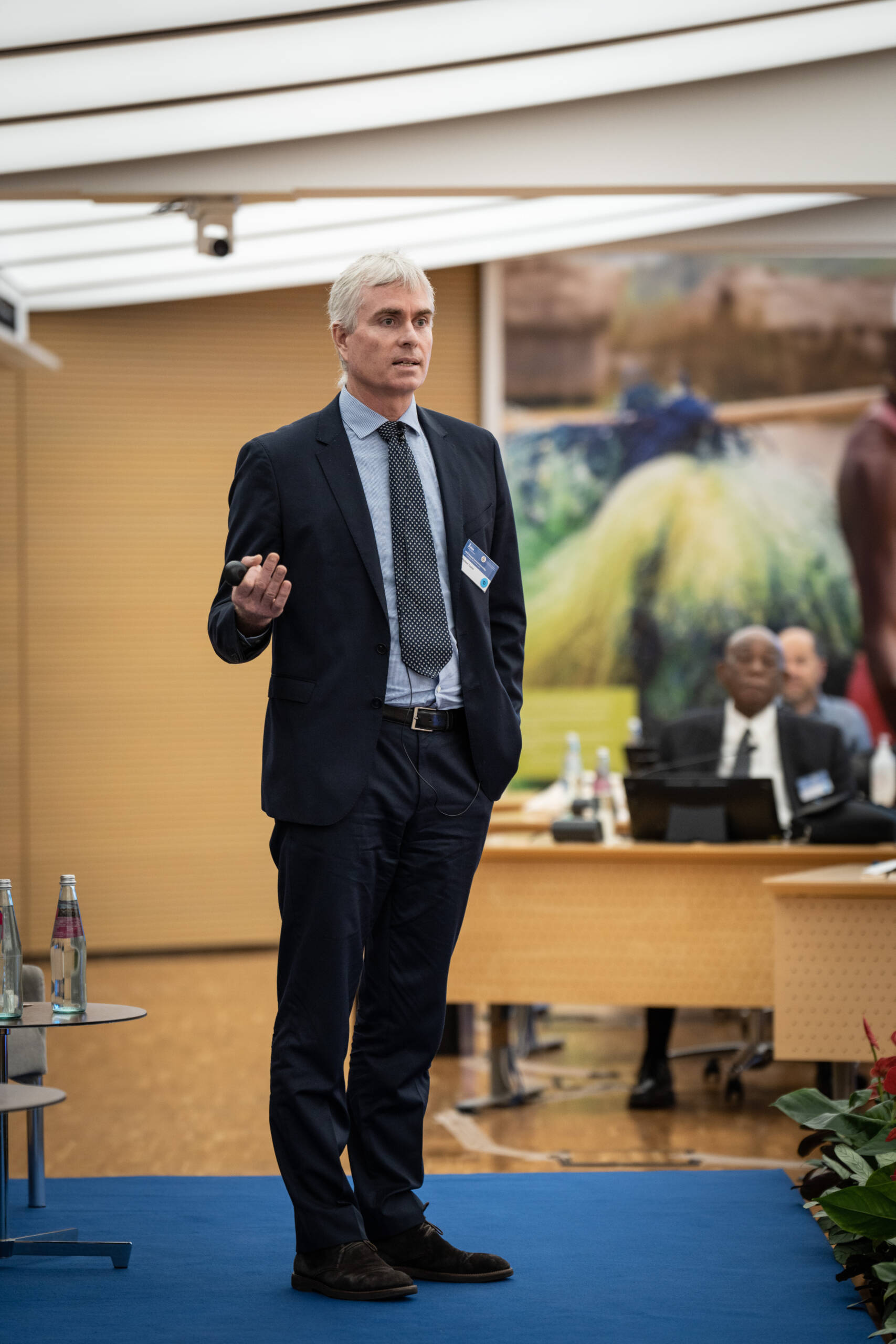
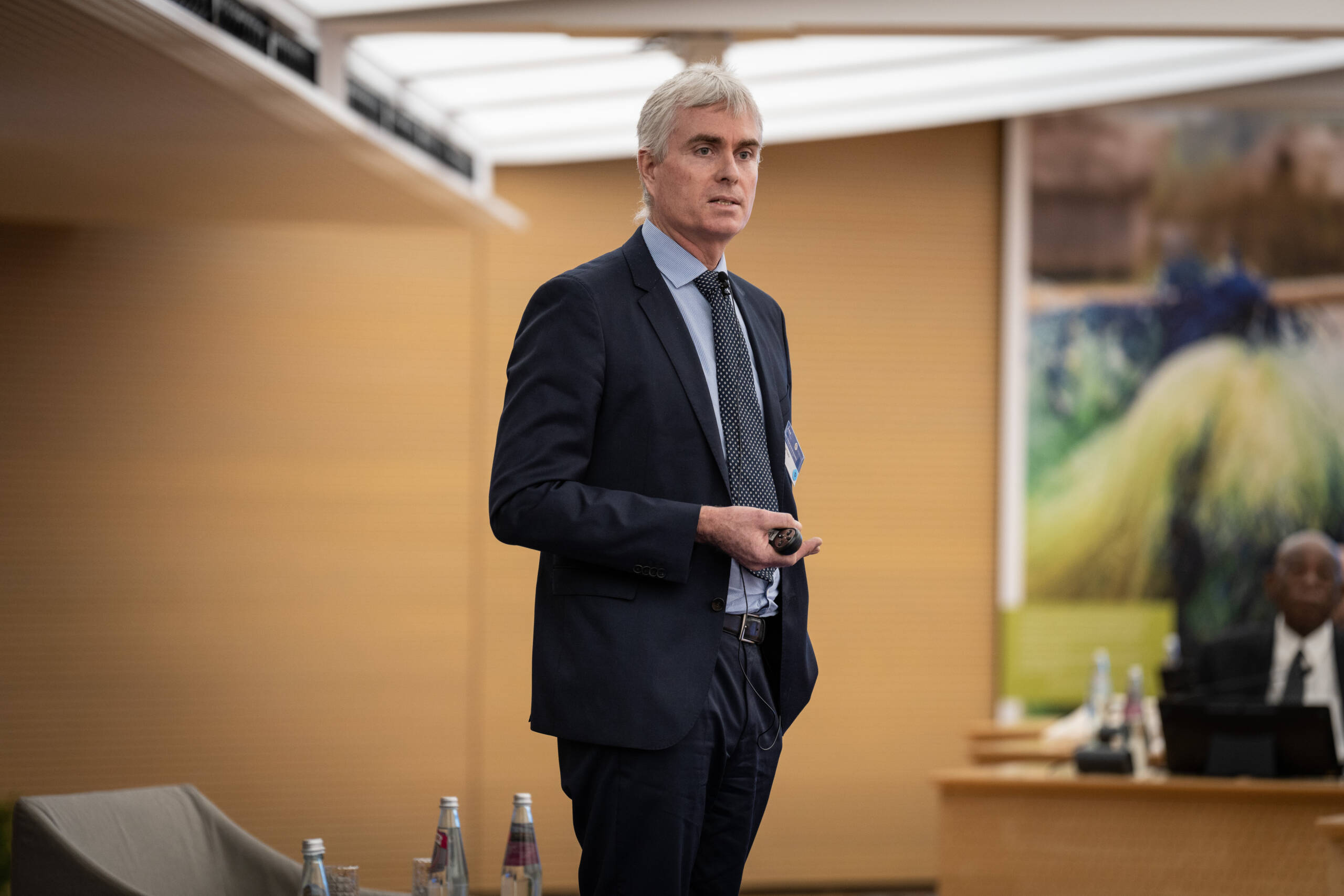
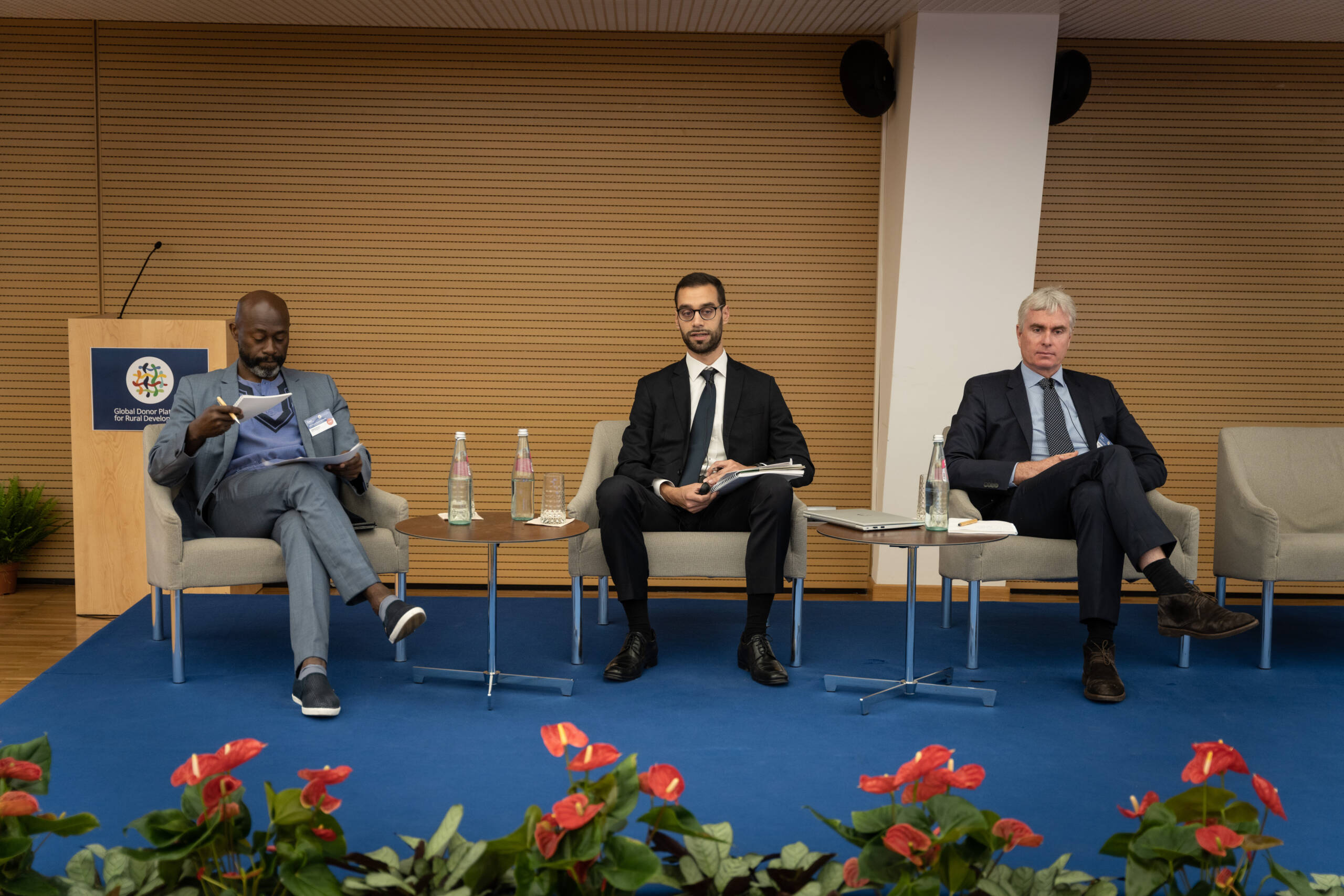
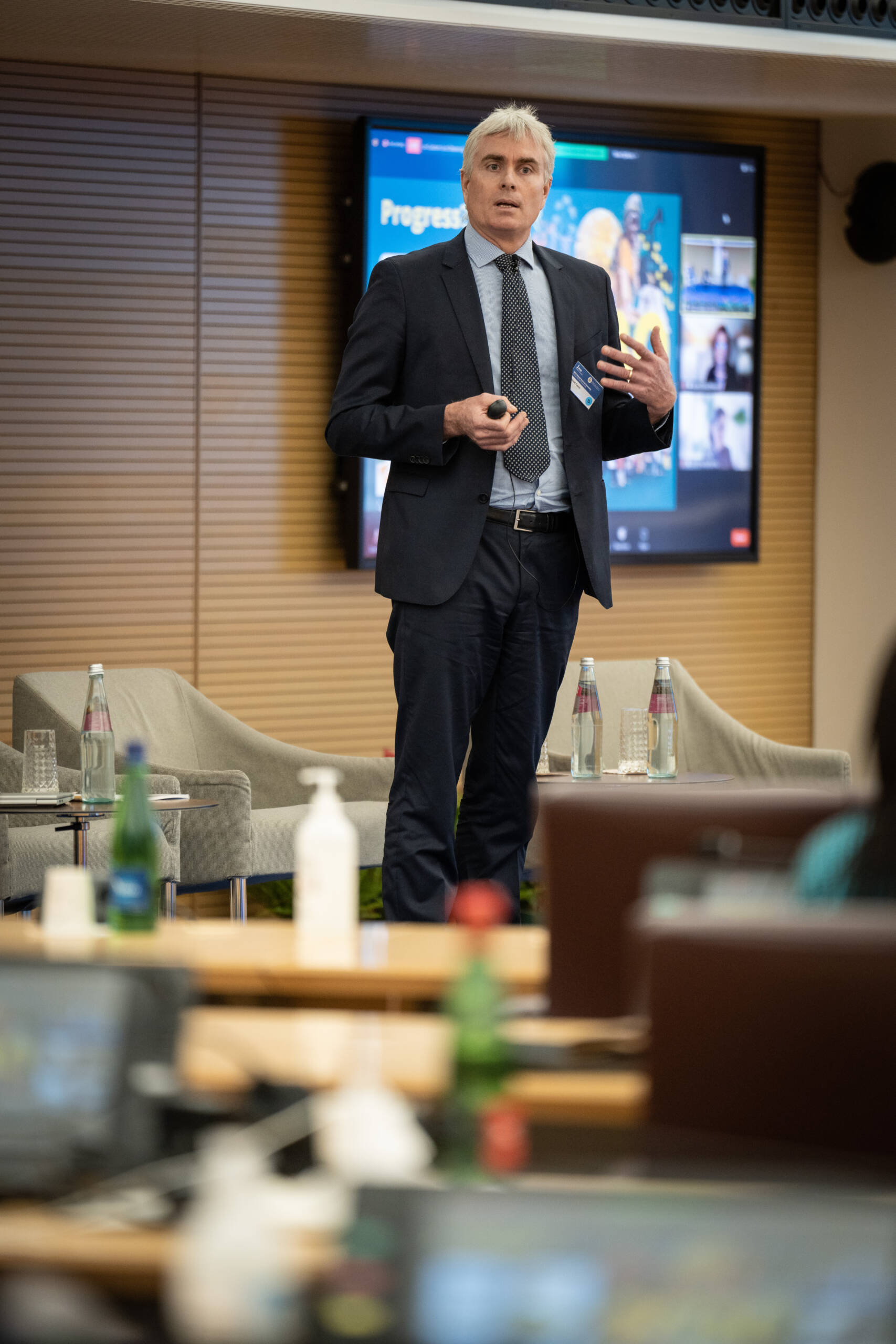
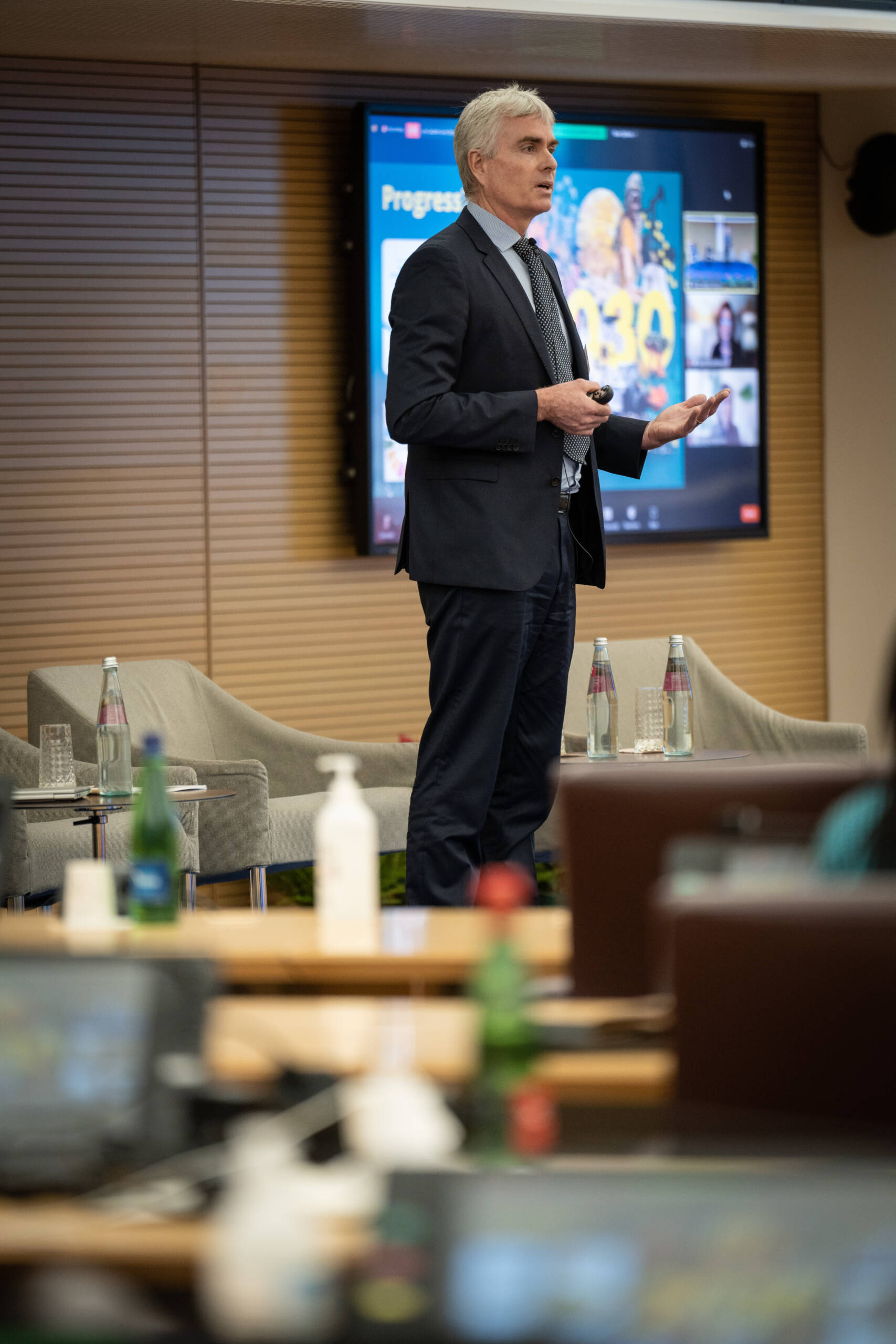
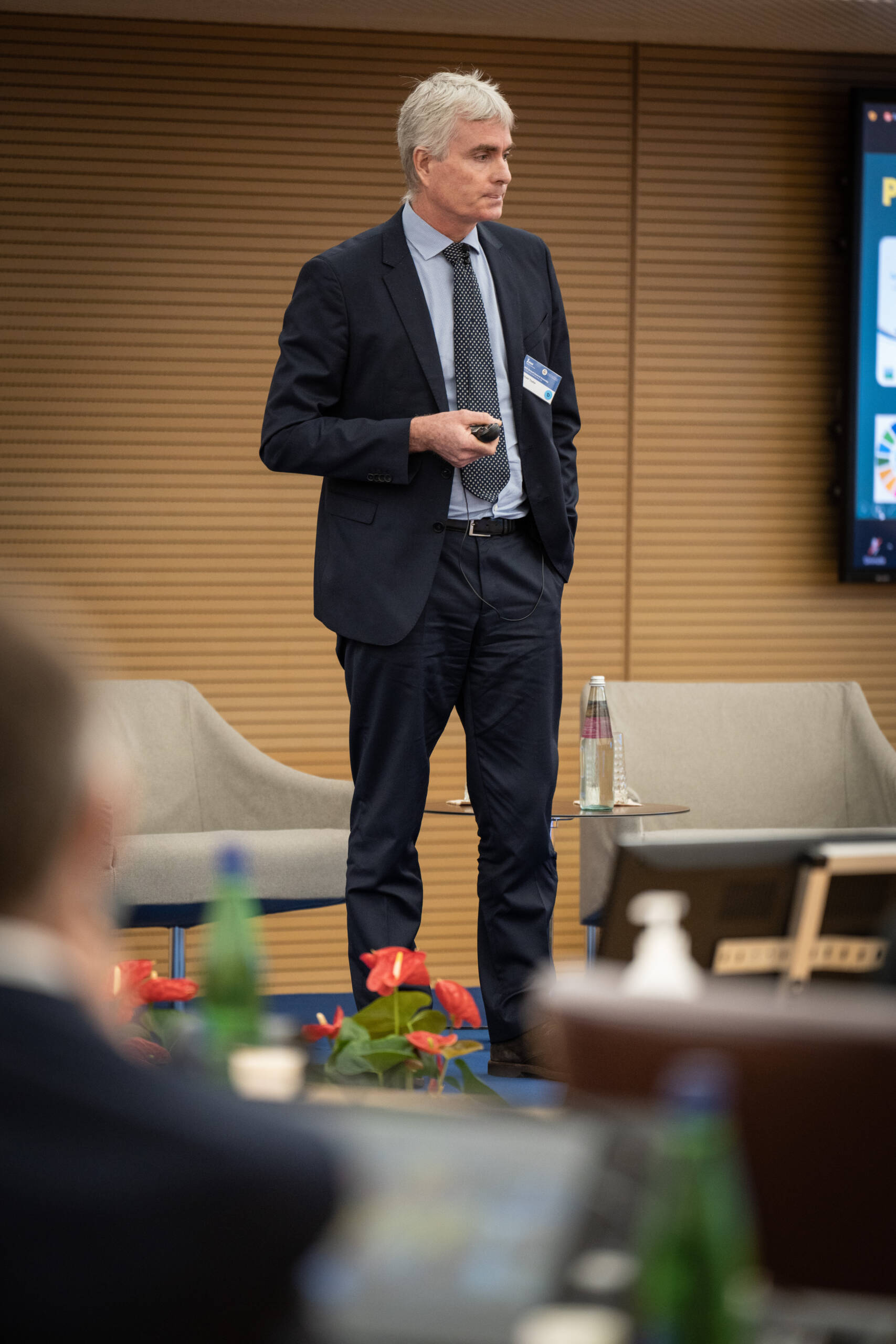
 Senior Land and Resource Governance Advisor, USAID, and Chair, Global Donor Working Group on Land
Senior Land and Resource Governance Advisor, USAID, and Chair, Global Donor Working Group on Land Senior Programme Advisor, Netherlands Enterprise and Development Agency, and Vice Chair, Global Donor Working Group on Land
Senior Programme Advisor, Netherlands Enterprise and Development Agency, and Vice Chair, Global Donor Working Group on Land Senior Adviser, Land Policy, Foreign, Commonwealth & Development Office, UK
Senior Adviser, Land Policy, Foreign, Commonwealth & Development Office, UK Technical Specialist, Private Sector, International Fund for Agricultural Development
Technical Specialist, Private Sector, International Fund for Agricultural Development